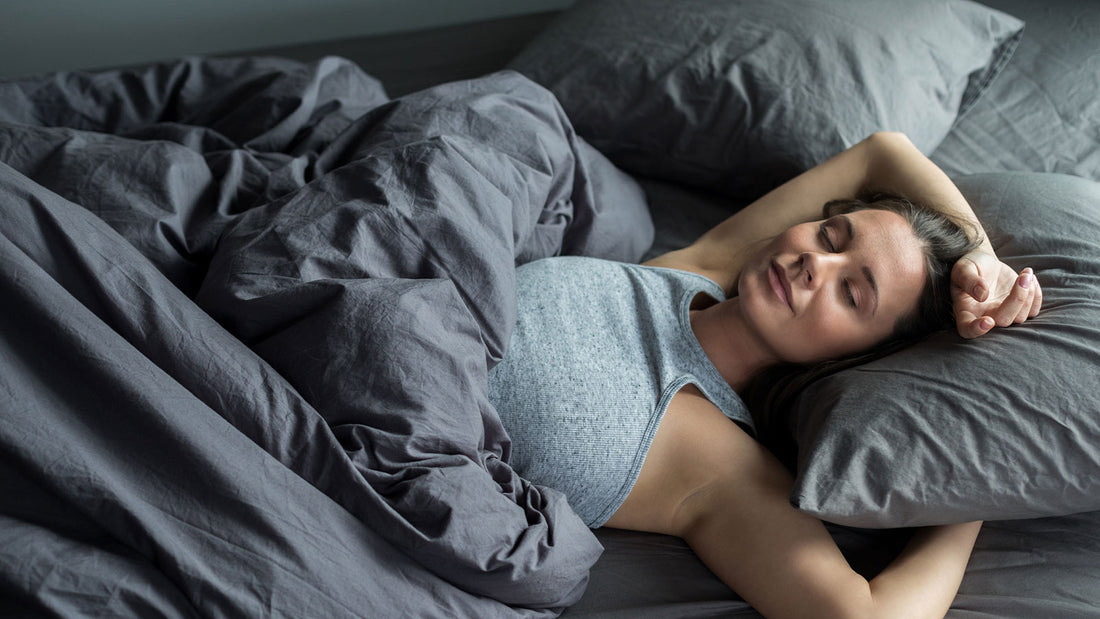
Sleep – what’s all the fu ‘zzzzzzzzzzz’ about?
Share
Sleep is a vital component of health but it is often neglected and not prioritised. It is too easy to stay up late binge-watching Netflix than turn in for an early night.
The NHS offers important advice on the value of sleep, ‘having enough, good quality sleep is vital for good health and a lack of sleep can impact mental wellbeing, focus and energy plus physical wellbeing including heart health and immunity1.’ If there was a magic pill that could give us these benefits, we would all be queuing up to buy it so why is it that we all prioritise healthy habits such as diet and exercise over a working on ensuring a good night’s sleep?
Here’s why sleep is fundamental to good health.
According to Sleepfoundation.org, when you lose sleep, it’s harder to focus and pay attention. This affects school performance and job productivity2. Lack of sleep slows your reaction time, making for dangerous driving and other safety related risks at work and at home. Sleep feeds creativity3, synthesizes new ideas, and leads you to “ah ha” moments. Research shows that we need good sleep to feed our high-level, innovative thinking and problem solving abilities.
As you sleep, memories are reactivated, connections between brain cells are strengthened, and information is transferred from short to long-term. Without enough quality sleep, we can become more forgetful. Studies suggest that sleeping for a short period of time after learning new information helps us retain and recall that information later.
So how can you make sure you get your 8 hours a night?
Improving your bedtime ritual may help….
• Remove screen time at least an hour before sleep.
• Take a relaxing bath scented with Lavender oil.
• Make sure your bedroom is a relaxing sanctuary with a good quality mattress and pillows.
• Try a relaxing yoga sequence before bed, there are lots to try online and many are only 10 minutes long. We love yoga with Adrienne's YouTube channel.
• Try mindfulness - the aim of mindfulness is to take charge of your busy mind and move it from worrying into a more relaxed state. A calmer state of mind should help you fall asleep easier. We love the Calm app for guided mindfulness sessions.
• Try to go to bed and wake up and the same time each day, this will programme your body to sleep better. Choose a time when you're likely to feel tired and sleepy.
• Get some natural light in the morning by having your morning coffee outside, taking a short walk. This will programme your natural circadian rhythm a natural, internal process that regulates the sleep-wake cycle and repeats roughly every 24 hours.
